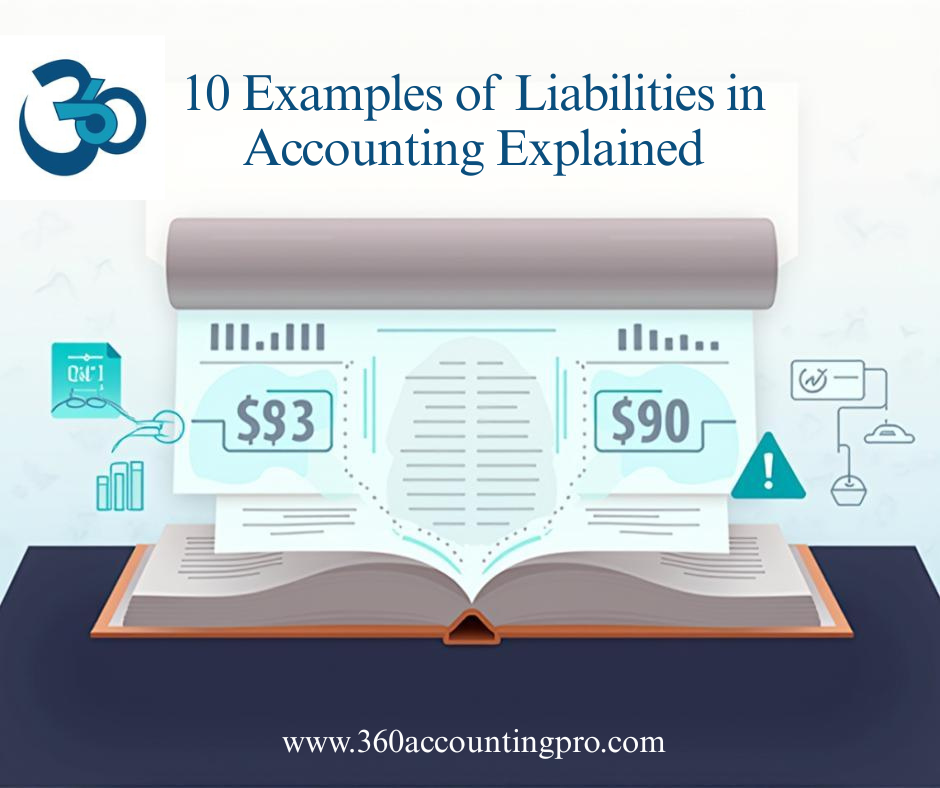
.jpg)
09-05-24
The landscape of real estate taxation in the United States has undergone significant changes with the introduction of new tax laws. These changes are poised to have a profound impact on real estate professionals, including agents, brokers, and investors. This comprehensive guide aims to demystify the complexities of the new tax regulations and provide a clear understanding of their implications for those in the real estate industry.
Navigating the Tax Code Changes
The new tax laws have introduced several amendments that real estate professionals must navigate. One of the key changes is the modification of the 1031 exchange rules, which now have stricter timelines and identification requirements for like-kind exchanges. Additionally, the cap on the State and Local Tax (SALT) deduction could significantly affect real estate professionals in high-tax states.
Impact on Deductions and Expenses
Real estate professionals will need to adjust their strategies for deductions and expenses. The new laws have altered the deductibility of mortgage interest and limited the home office deduction, which is crucial for many in the industry. However, there are also new opportunities, such as the potential for increased depreciation deductions on certain property types.
Qualified Business Income Deduction
Perhaps one of the most significant changes is the introduction of the Qualified Business Income (QBI) deduction, which allows eligible real estate professionals to deduct up to 20% of their business income. Understanding the eligibility criteria and how to maximize this deduction can lead to substantial tax savings.
Corporate Structure and Tax Planning
The new tax laws also encourage real estate professionals to reconsider their corporate structure. The reduction in the corporate tax rate may make certain business entities more attractive. Strategic tax planning is essential to determining the most beneficial structure for tax purposes.
Investment Implications
For real estate investors, the changes in tax laws could influence investment decisions. The Opportunity Zone program, for instance, offers tax incentives for investing in designated areas, which could shift the focus of investment strategies.
Estate Planning Considerations
Estate planning has also been affected by the new tax laws. The increase in the estate tax exemption means that real estate professionals should review their estate plans to ensure they align with the current tax environment.
Staying Compliant and Informed
Compliance with the new tax laws is critical. Real estate professionals must stay informed about the latest developments and seek guidance from tax professionals to avoid penalties and optimize tax outcomes.
Conclusion
The new tax laws present both challenges and opportunities for real estate professionals. By gaining a thorough understanding of these laws, real estate professionals can navigate the changes effectively, minimize their tax liabilities, and capitalize on new tax benefits. As the industry adapts to these regulations, staying proactive and informed will be key to success.
Tags : Real Estate,new tax laws















































.jpg)
.jpg)
.jpg)
.jpg)


).jpg)














 Get A Quote
Get A Quote
Leave A Comment